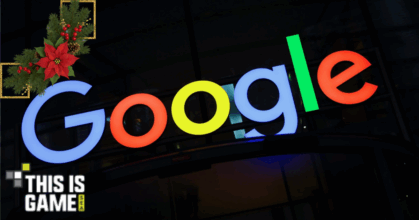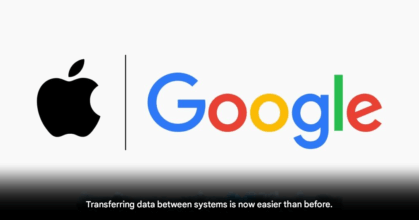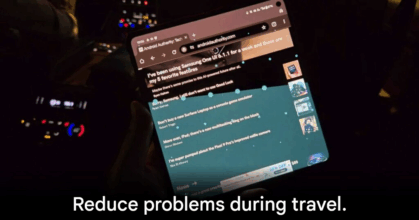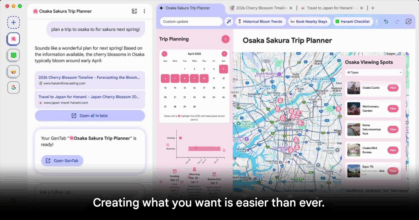Google Ends Tablet Development, Shifts Focus to Smartphones and AI Devices
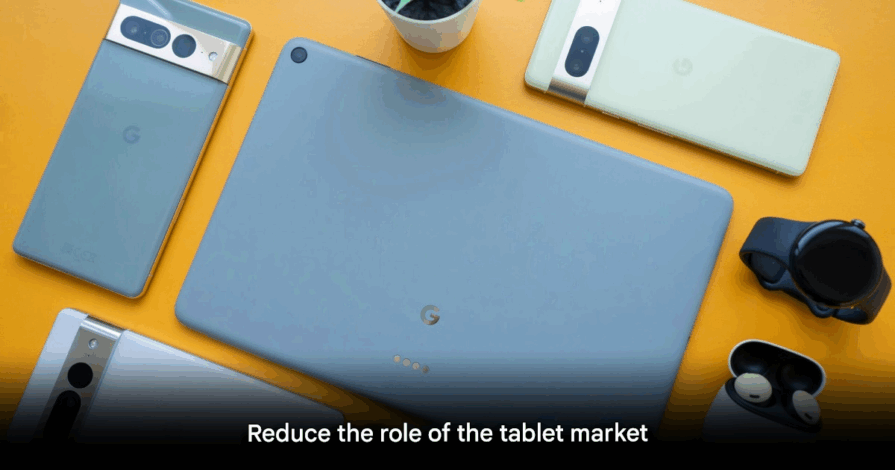
A Strategic Shift: Goodbye Tablets, Hello Smart Tech
Google has officially confirmed it is halting the development of new tablets. The company is now prioritizing smartphones—particularly foldables—and smart AR glasses, where it sees greater potential for AI-driven innovation. Tablet development is on indefinite pause, as Google reassesses the future of the category.
According to reports, Google also abandoned plans for a second-generation Pixel Tablet (Pixel Tablet 2), signaling a clear move away from the tablet market. The decision underscores how challenging it is to compete with dominant players like Apple and Samsung in this segment.
Why Tablets No Longer Fit Google’s Roadmap
Shakil Barkat, Google’s Vice President of Devices and Services, shared in an interview that introducing new product categories like tablets introduces complexity in user maintenance, which is already becoming painful to manage. As a result, new tablets, smart rings, and flip-style phones are currently off Google’s agenda.
Meanwhile, Rick Osterloh, head of Google’s hardware division, emphasized a strategic pivot toward AI integration across the ecosystem. Upcoming devices such as the Pixel 11 (slated for 2026) and Pixel 12 (under early development) will leverage AI tools like Gemini to enhance user experience—even as hardware redesigns remain infrequent.
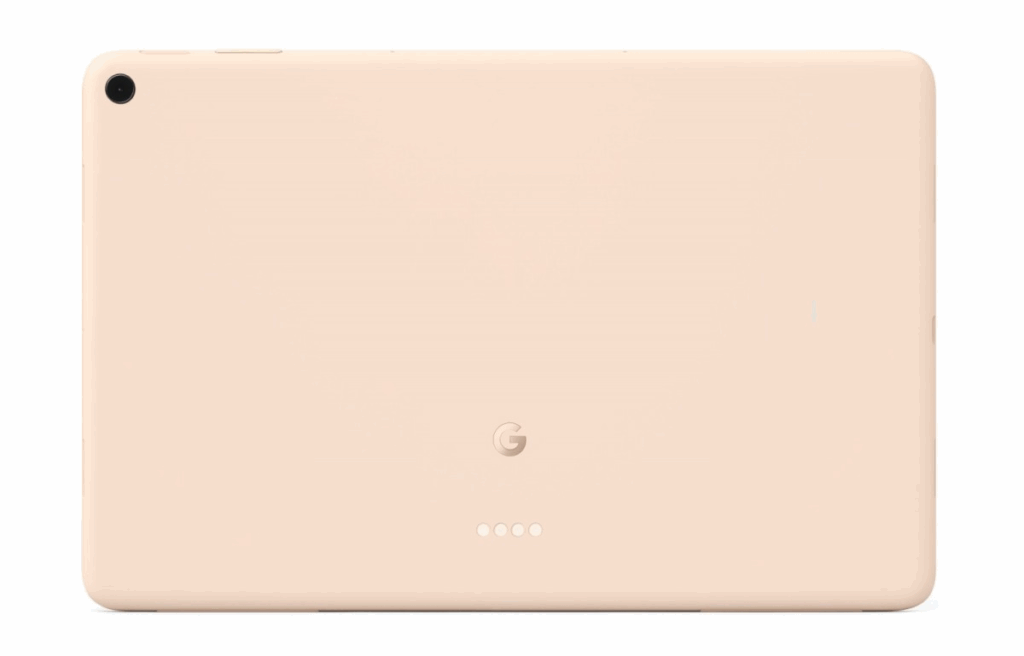
What This Means for Pixel Tablet Owners
If you already own a Pixel Tablet, there’s some silver lining. Google has assured continued updates for existing devices throughout their lifecycle. That said, for those anticipating a Pixel Tablet 2 or 3, those expectations must be tempered: development on the next model has been canceled, and resources are being rerouted to other projects.
User Sentiment: Disappointed Yet Hopeful
Reactions from the community are mixed. On Reddit, one user noted:
“It doesn’t seem like Google focuses much on the Pixel Tablet… I just wish Google gave it more attention and longer update support.”
Another pointed out more definitively:
“They did not forget—it’s abandoned. Very conscious decision.”
These comments highlight a sentiment of both disappointment in the tablet’s fate and recognition of Google’s shifting focus.
Final Thought
Google’s decision to step back from tablets reflects a broader strategy: streamline offerings, double down on AI, and invest in future-ready devices. While the Pixel Tablet had a niche appeal, it never gained enough traction to justify continued development. The AI-centric approach—through foldables, smart glasses, and smarter software—is where the company sees long-term value.
Final Thought
Google’s retreat from tablets may disappoint loyal users, but it’s also a pragmatic response to market realities. By concentrating on AI-enhanced hardware and experiences, Google is investing in smarter, more integrated products that align with modern consumer expectations. The Pixel Tablet chapter may have closed, but the evolution of Google’s AI-forward ecosystem is just beginning.


